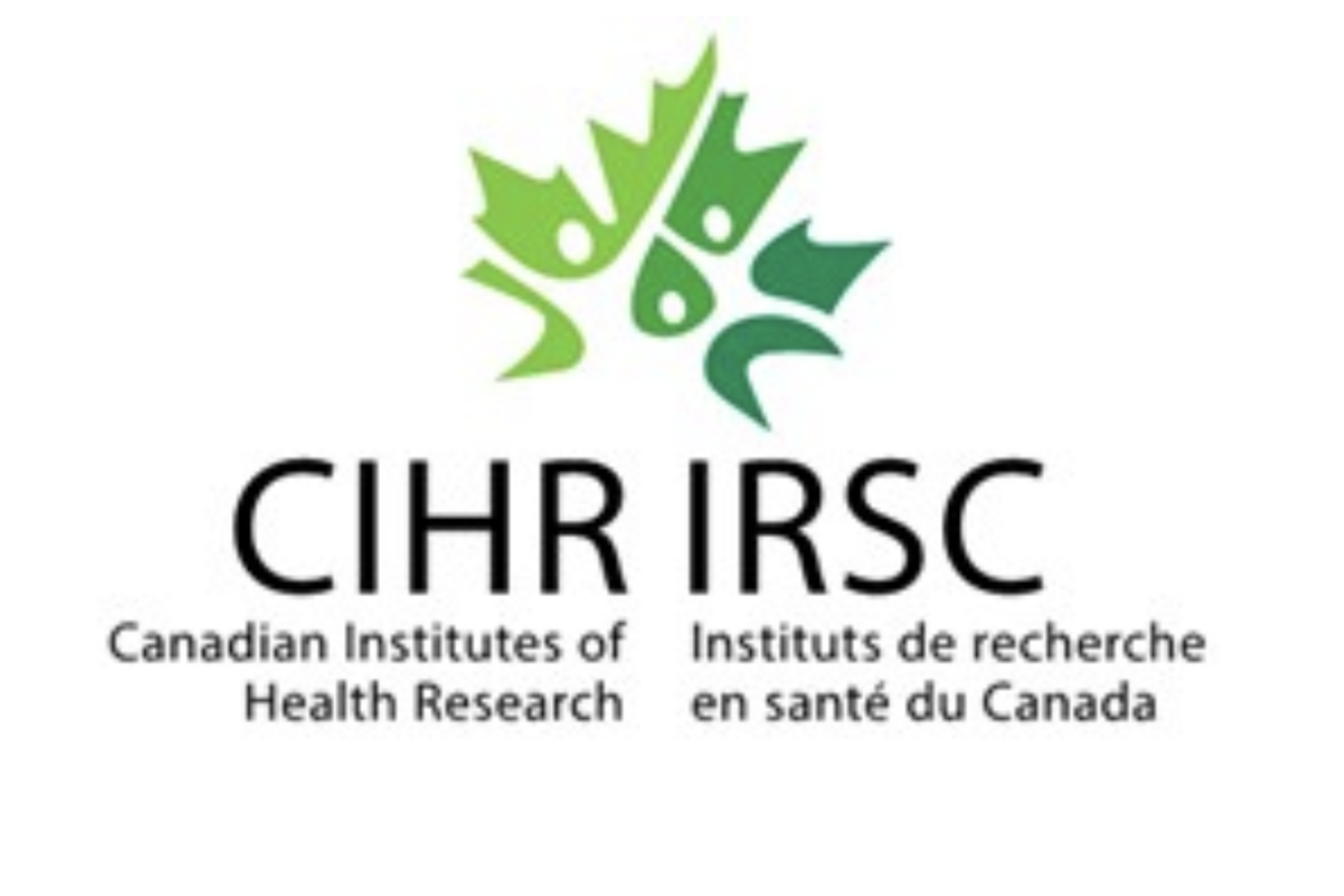Main Second Level Navigation
Breadcrumbs
- Home
- Research
- Programs of Research
- Episodic Disability and Rehabilitation Research Program
- Long COVID and Episodic Disability Study
Long COVID and Episodic Disability Study
Advancing the Conceptualization, Measurement and Knowledge of Episodic Disability with people living with Long COVID

Background
As the prevalence of Long COVID increases, more individuals are living with ongoing physical, mental and social health challenges after COVID-19 infection, known as disability. Questionnaires designed to capture this disability are important for health providers to understand the disability experienced so that they can provide care. Our research team has previously developed questionnaires in the context of adults living with HIV in Canada, US, Ireland and UK. This study builds on this work to apply lessons learned in other chronic and episodic conditions to understand and conceptualize disability experienced among adults living with Long COVID.
What is the purpose of this research study?
The purpose of this study is to gain a better understanding of the disability experiences among people living with Long COVID, to develop the Episodic Disability Questionnaire (EDQ), and assess how well this questionnaire can measure disability in people living with Long COVID.
Our specific aims are:
- To conceptualise the disability experiences (dimensions, trajectories, contextual factors and triggers that exacerbate or alleviate disability over time) among people living with Long COVID in Canada, UK, USA and Ireland, and to establish the Episodic Disability Framework in the context of Long COVID; and
- To develop and assess the measurement properties of an Episodic Disability Questionnaire (EDQ) while collecting foundational data on the presence, severity and episodic nature of disability and contextual factors (sex, gender, race, age, comorbidity, country) that may influence disability among adults living with Long COVID in Canada, UK, USA and Ireland.
This research is a collaboration between researchers in Canada, United Kingdom (UK), United States (US), and Ireland.
What are the study methods?
This is a mixed methods study involving qualitative (aim 1) and quantitative measurement (aim 2) approaches with adults living with Long COVID in Canada, UK, USA and Ireland. In phase 1, we conducted semi-structured interviews with adults living with Long COVID to explore experiences of disability and establish an episodic disability (ED) framework in the context of Long COVID (n~10 each country). In phase 2, we will examine the validity (construct, structural) and reliability (internal consistency, test–retest) of the EDQ for use in Long COVID.
This research involves an international community–academic–clinical partnership building on foundational work in episodic disability among an international team with expertise in episodic illness, disability, measurement, COVID-19, Long COVID and rehabilitation.
For more details on this study
O'Brien KK, Brown DA, Bergin C, et al. Long COVID and episodic disability: advancing the conceptualisation, measurement and knowledge of episodic disability among people living with Long COVID – protocol for a mixed-methods study. BMJ Open 2022;12:e060826. doi: 10.1136/bmjopen-2022-060826 https://bmjopen.bmj.com/content/12/3/e060826
How can I get a summary of the research study results?
Updates on the Long COVID and Episodic Disability study and publications will be openly available on the Long COVID Physio website: https://longcovid.physio.
Publications
Click here to see them.
- O'Brien KK, Brown DA, Bergin C, et al. Long COVID and episodic disability: advancing the conceptualisation, measurement and knowledge of episodic disability among people living with Long COVID – protocol for a mixed-methods study. BMJ Open 2022;12:e060826. doi: 10.1136/bmjopen-2022-060826 https://bmjopen.bmj.com/content/12/3/e060826
- Brown DA, O’Brien KK. Conceptualising Long COVID as an Episodic Health Condition. BMJ Global Health. 2021;6:e007004. doi:10.1136/bmjgh-2021-007004. https://doi.org/10.1136/bmjgh-2021-007004.
- Brown DA, O’Brien KK, Josh J, Nixon SA, Hanass-Hancock J, Galantino ML, Myezwa H, Fillipas S, Bergin C, Baxter L, Binette M, Chetty V, Cobbing S, Corbett C, Ibanez-Carrasco F, Kietrys D, Roos R, Solomon P, Harding R. Six Lessons for COVID-19 Rehabilitation From HIV Rehabilitation, Physical Therapy. Volume 100, Issue 11, November 2020, Pages 1906–1909. https://doi.org/10.1093/ptj/pzaa142
People
The team conducting this study includes people living with Long COVID, people affiliated with COVID support networks, and researchers and clinicians working in COVID-19 care in Canada, US, Ireland, and UK. This study involves participants living with Long COVID in all four countries. University of Toronto (Canada) is the primary site of the study.
Research Team
- Kelly O’Brien, Department of Physical Therapy, University of Toronto
- Darren Brown, Chelsea and Westminster Hospital NHS Trust
- Colm Bergin, St James’s Hospital, Dublin, Ireland
- Kristine Erlandson, University of Colorado Denver
- Jaime Vera, Brighton and Sussex Medical School, University of Sussex Brighton, Brighton, UK
- Lisa Avery, Dalla Lana School of Public Health, University of Toronto
- Soo Chan Carusone, McMaster University
- Angela M. Cheung, University Health Network, University of Toronto
- Richard Harding, King’s College London, Cicely Saunders Institute, London, United Kingdom
- Larry Robinson, Sunnybrook Health Sciences Centre
- Patricia Solomon, McMaster University
- Ciaran Bannan, St James’s Hospital, Dublin, Ireland
Community Collaborators
- Long COVID Support, UK - Margaret O’Hara
- COVID Long Haulers Support Group of Canada - Susie Goulding
- Long COVID Ireland – Niamh Roche, Ruth Stokes
- Patient-Led Research Collaborative - Hannah Davis, Lisa McCorkell, Hannah Wei
- Long COVID Physio - Catherine Thomson, Darren Brown, Kelly O’Brien
- Canada-International HIV and Rehabilitation Research Collaborative (CIHRRC) - Patriic Gayle
Coordinator Team
- Kiera McDuff, PT, Research Coordinator, University of Toronto
- Natalie St. Clair-Sullivan, PT, Royal Sussex County Hospital, Brighton and Sussex University Hospitals NHS Foundation Trust, Brighton, UK
Acknowledgements
We thank the Knowledge Users and Community Collaborator Organizations in this work. Kelly O’Brien is supported by a Canada Research Chair in Episodic Disability and Rehabilitation (Canada Research Chairs Program). We thank the Long COVID and Episodic Disability Study participants.
Funding
This work is funded by the Canadian Institutes of Health Research (CIHR), Emerging COVID-19 Research Gaps and Priorities Funding Opportunity (Funding Research Number #: GA4-177753).
